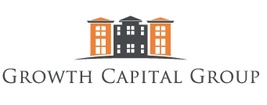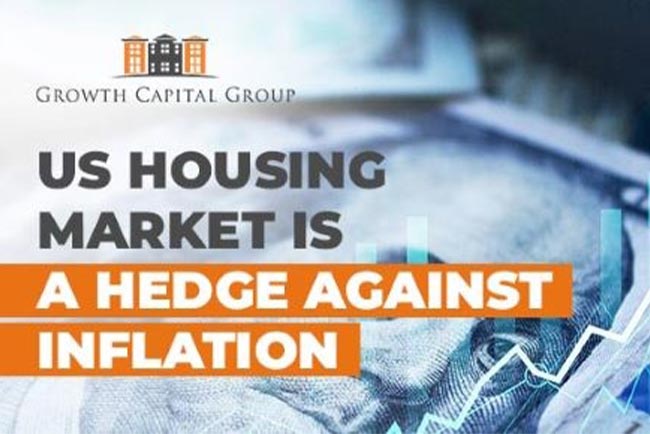According to recent headlines, inflation is at its highest level in more than a decade, the situation is unstable, and the future is unknown. What, though, is the genuine tale? Why is inflation such a worry right now, and how can you safeguard yourself from its consequences?
We may put this increase in inflation down to Covid-19 or, more particularly, our return to everyday living at the speed of light, just like many other aspects of our existence that have been normal over the previous year. We’re on the road returning to work. There are open restaurants.
The news of a recovering economy is terrific. But the potential repercussions are what worries economists. Spending too much too quickly could result in an overabundance of demand, which could then cause significant inflation if we party as if it’s the Roaring Twenties.
What Led To This Record-Breaking Rise In Inflation?
Have you ever heard someone whine about how two movie tickets and popcorn used to cost $5? They are referring to inflation, which is the gradual increase in the cost of goods and services.
It’s a naturally occurring economic phenomenon that typically increases gradually but steadily. However, that constant slope may rise to the height of a mountain in the face of a catastrophe like a global epidemic. For example, the Consumer Price Index (CPI), a gauge of inflation, has increased by 5% over the past year, according to the most recent report from the U.S. Bureau of Labor Statistics.
It’s the outcome of several allegedly conflicting causes. The unemployment rate has decreased to 5.2% from 11.2% in June 2020. But, on the other hand, producers and retailers are reporting shortages of everything from diapers to chicken wings, and car rentals in some cities can cost up to $700 per day.
Overall, it presents a quick-changing, unstable economy characterized by high demand, low supply, and significant uncertainty: How long will this inflation last?
Including assets regarded as hedges is one technique to make sure that the solution doesn’t have a detrimental effect on your portfolio. A hedge, expressed simply, is a “just in case” investment that typically moves against the market or is not prone to extreme volatility. Hedging is regarded as a component of a diversified portfolio since it may be able to reduce losses if the market experiences significant swings in response to factors like inflation.
Various assets, including bonds, gold, other commodities, and real estate, are frequently recommended as safe investments against inflation.
How Real Estate Acts as a Hedge Against Inflation
The impact of inflation on debt comes first. The loan-to-value of any mortgage debt decreases when a home’s value increases over time, acting as a natural discount. As a result, the property’s equity rises, but your fixed-rate mortgage payments stay the same.
Given that increasing housing prices frequently translate into higher rent, inflation also benefits real estate investors who generate revenue from rental properties, particularly those in property sectors with short-term lease structures like multi-family buildings. As a result, it may be possible to put more money in your pocket if you can increase your rent while keeping your mortgage the same.
Finally, because property values tend to increase steadily over time, real estate can be an excellent hedge against inflation. For example, in less than ten years, the majority of the properties whose prices plummeted when the real estate bubble burst in 2008 had recovered to their pre-crash levels. As a result, real estate investments have the potential to outperform inflation in terms of value and can offer investors a possible source of recurrent income.
Purchasing a multi-family Property is one strategy to use real estate as an inflation hedge. Individual rental units often have annual lease renewals, unlike some commercial assets like retail stores or restaurants, which typically have multi-year company leases. As a result, you will be allowed to change the rent regularly as a building has more units.
Multi-family assets, such as investing in apartment buildings, are also a particular asset class since they are continually in demand (significantly when housing prices rise), but they also experience a high turnover rate of 47.5%. In addition, a restricted supply of structures or new construction projects may result from rising labour and material prices and increasing rental rates and property values. Together, these two elements result in a building that won’t be empty for extended periods and numerous chances to sign new leases or renew existing ones at prices that are in line with the market.
Another thing to keep in mind is that another lease component,—expense reimbursements—is another way real estate can keep up with inflation. No matter what kind of physical structure a property has, leases transfer part of the operational costs of that property down to the tenants. For instance, with a triple-net lease, the renter is entirely responsible for all costs associated with the property. As a result, landlords and owners may be partially protected from the effects on the property’s cash flow if utilities and maintenance costs increase in line with inflation.
Conclusion
We can’t prevent some parts of inflation, such as more incredible consumer goods prices and rising interest rates. The good news is that real estate is one strategy to protect yourself even if the prophecies come true.
Schedule a Free Strategy Call with Us if you would like to learn more about real estate investing strategies. Growth Capital Group can help you to achieve your investment goals today.

